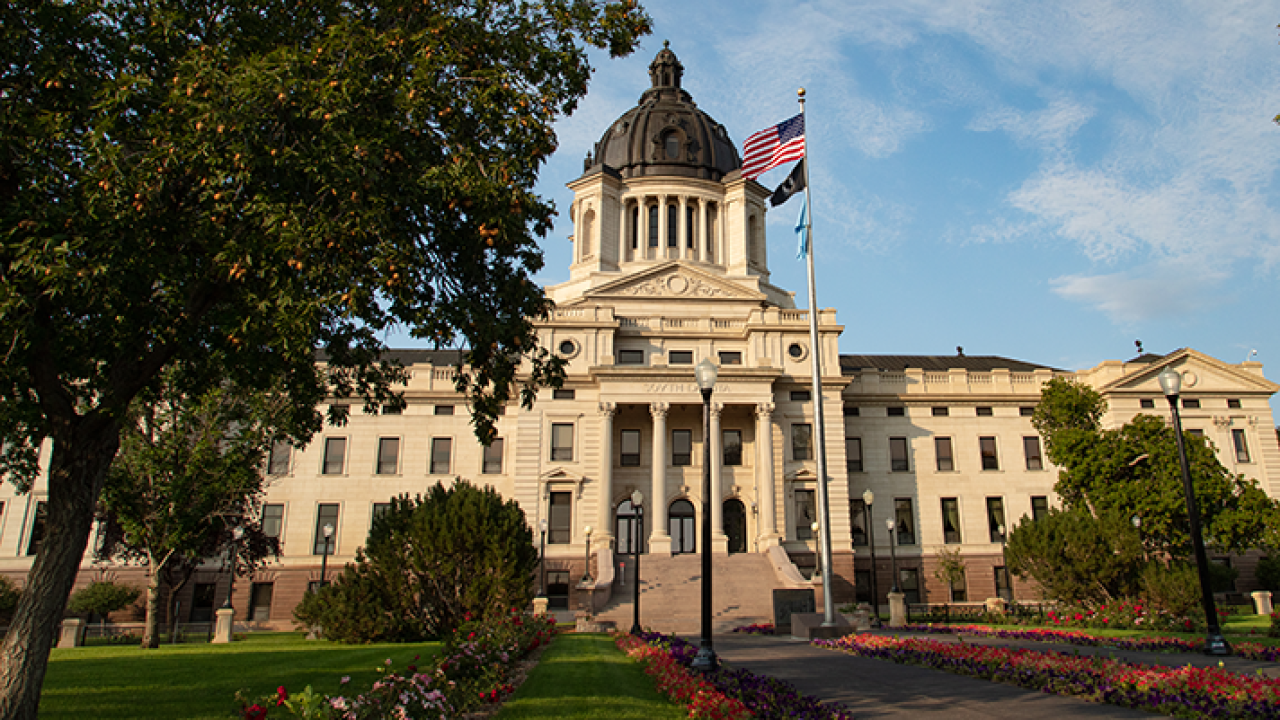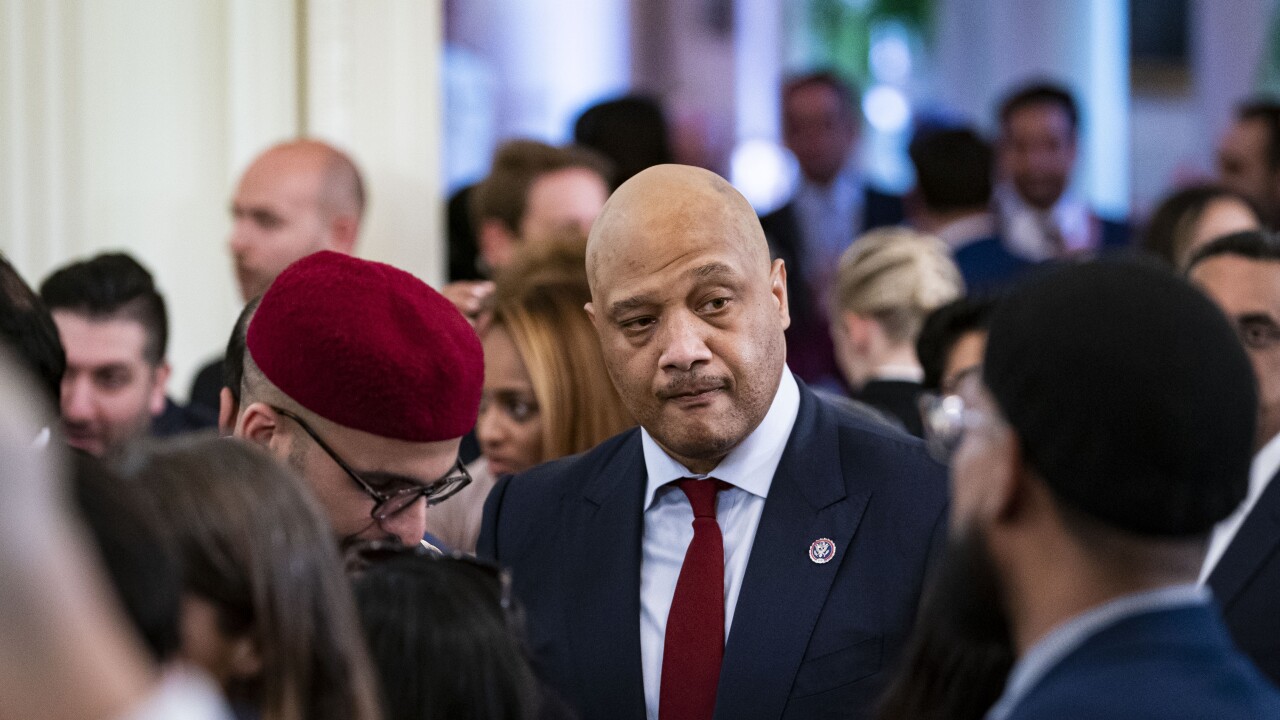CHICAGO — The Illinois Supreme Court Monday upheld the state’s $31 billion public works program and the funding sources established to repay billions in borrowing, clearing the path for the planned sale of several billion dollars of new debt.
The high court’s justices rejected the appellate court’s finding that the program violated the state constitution’s single-subject clause and agreed with the state that provisions of the various bills all bore a direct relationship to “capital.”
“We find that the substantive provisions [of the legislation] clearly are connected to capital projects in that they establish increased revenue sources to be deposited into the Capital Projects Fund. The few provisions that do not directly raise revenue are still related to the overall subject of the act in that they help to implement the other provisions,” the court said.
The opinion noted that the court has historically applied a liberal review to what encompasses a single subject and that there was no “smoking gun” that stood out as a clear violation of the rule limiting legislation to a single subject.
The justices agreed to hear the case on an expedited basis after the appeals court decision in January. The appellate court struck down provisions of the package that established funding streams to fund projects and repay bonding. That action, in turn, overturned all the bills that made up the public works legislation and reversed a district court’s dismissal of the suit.
Wirtz Beverage Illinois LLC filed the lawsuit in August 2009 after Gov. Pat Quinn signed the law. Wirtz challenged the program on several constitutional and legal fronts, including the single-subject clause and the uniformity clause, because of the state’s enactment of a higher tax increase on spirits and wine than on beer.
While the appellate court did not address any issues besides the single-subject rule, the Supreme Court rejected all of Wirtz’s claims instead of remanding the case to lower courts for further review.
“What this means is our job recovery program can go forward full-speed ahead … our state is a state that has always understood the importance of investing in infrastructure, in being builders. I want to be the builder-governor,” Quinn said at a news conference.
Wirtz Beverage issued a statement expressing its disappointment, saying: “We said from day one that the arbitrary taxes on wine and spirits were unfair and unconstitutional as was the manner in which this bill was passed. While we have the utmost respect for our state and its infrastructure needs, we have equal respect for Illinois residents, who as consumers, are now saddled with these unfair taxes.”
Illinois has sold more than $4 billion of debt to support the capital program dubbed Illinois Jobs Now, the first major public works package to win legislative approval since the $12 billion, 1999 Illinois Now plan.
State debt manager John Sinsheimer has said between $2 billion and $3 billion of general obligation borrowing is planned in fiscal 2012 for capital depending on cash-flow needs, but none until the fall.
Officials had warned if the package was not reinstated, they could be forced to suspend projects and halt collection of various taxes and fees established in the overturned law, risking an irretrievable loss of tens of millions of dollars in state revenues.
They also warned that debt service for the bonds already issued under the authority of the capital projects act would have to be paid from a different revenue source, putting a further strain on state finances.
Quinn last week said if the court ruled against the state he expected to call a special session for lawmakers to pass a revised package.
Though the plan passed with bipartisan support, that task could have proven difficult given the divisions between Democrats and Republicans over the state’s fiscal 2012 operating budget. While Democrats hold majorities in the General Assembly, some GOP votes would be needed to reach the three-fifths majority needed for new bonding authorization.
The law under scrutiny legalized video gambling in various establishments, set up a capital spending accountability law requiring quarterly reports, amended riverboat gambling rules to include oversight of video gambling, and halted further diversion of state road funds.
The bill amended the use tax, raising it to 6.25% on candy, certain beverages, grooming and hygiene products.
It also amended the lottery laws to allow for a private management contract to raise additional revenue, raised taxes on various liquors, and set up a capital projects fund to capture revenue generated by the various taxes to repay borrowing. It also required a state university study on the impact of lottery ticket purchases on families.
The attorney general’s office argued that the single subject in the overturned legislation was the public works program and that all of its pieces bear a “natural and logical relationship” to the capital plan. Wirtz attorneys countered that the lottery study bore no relation and that by tying all pieces of the bills together, lawmakers were forced to support the entire plan.
The state anticipates covering its $14.6 billion share of the $33 billion through GO and sales-tax-backed borrowing over the length of the program. Local and federal matching dollars cover the remainder.





